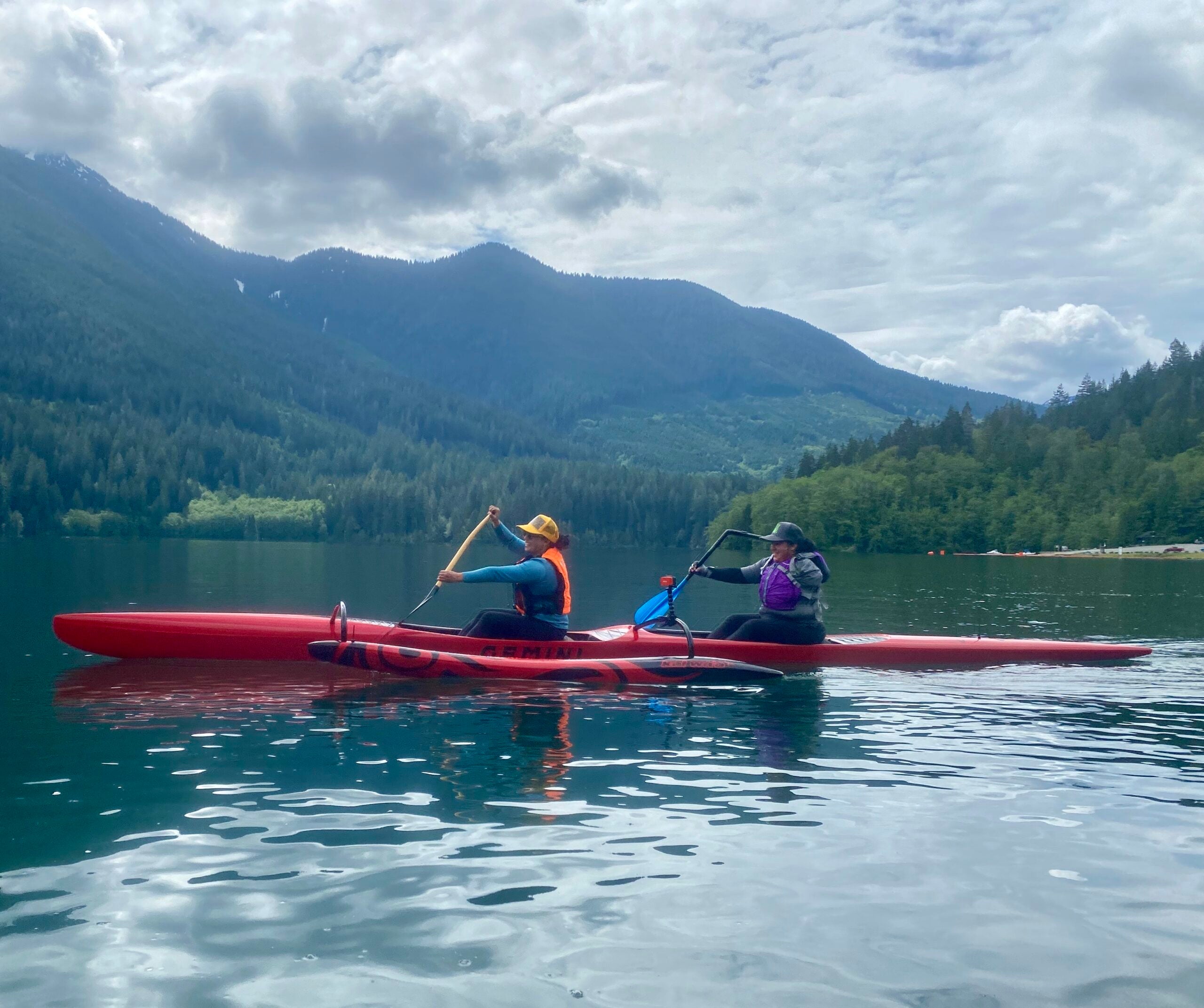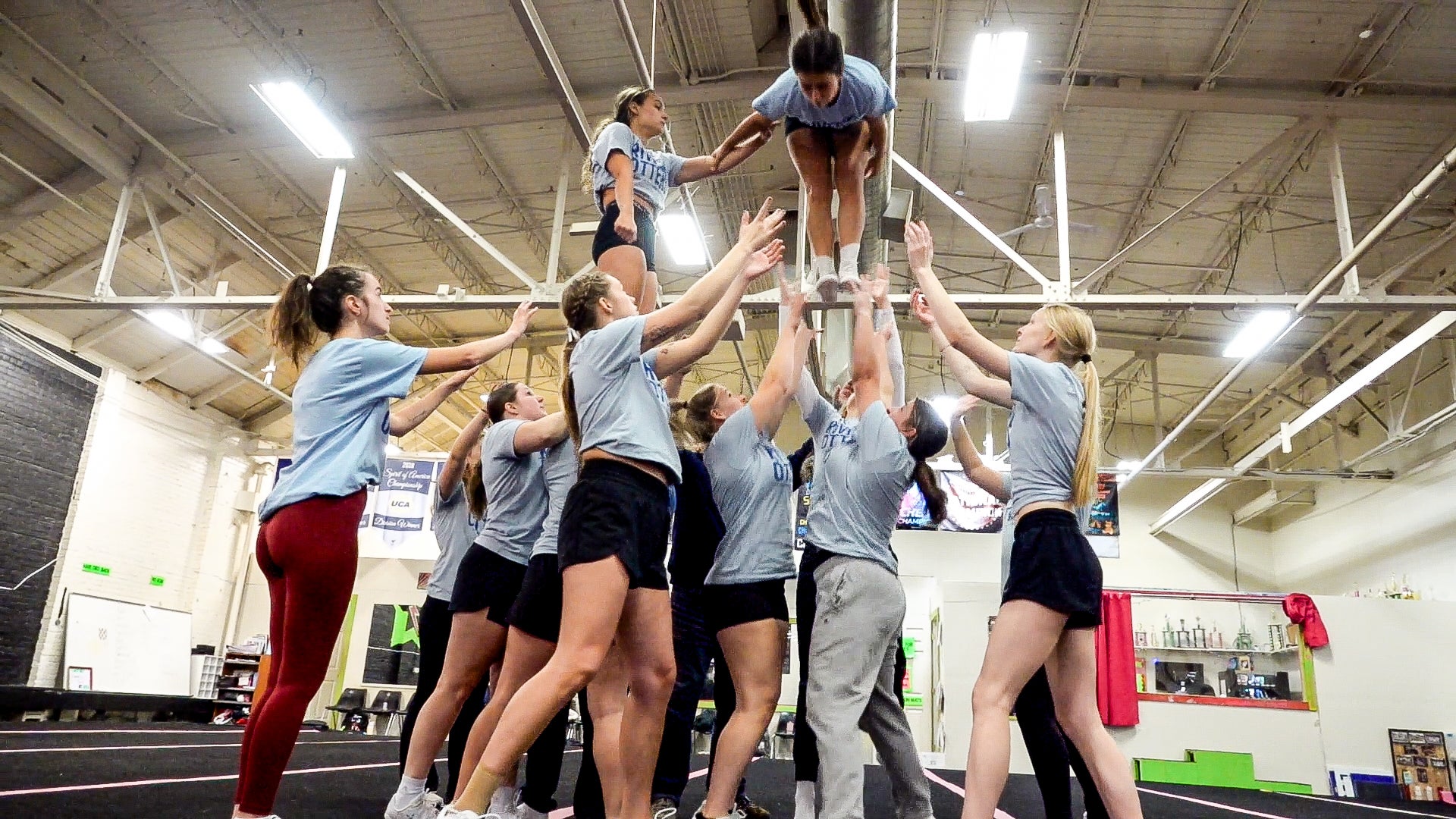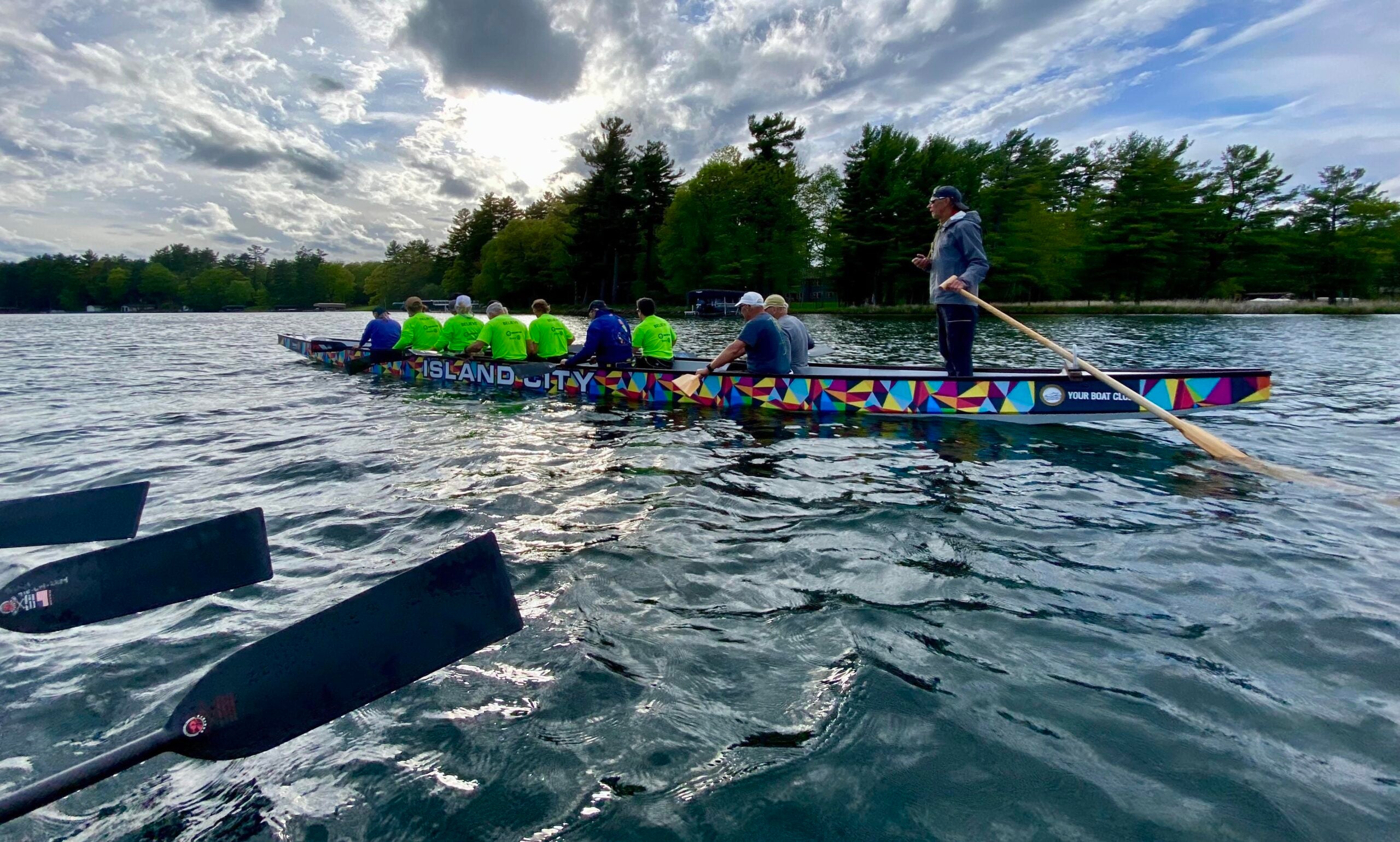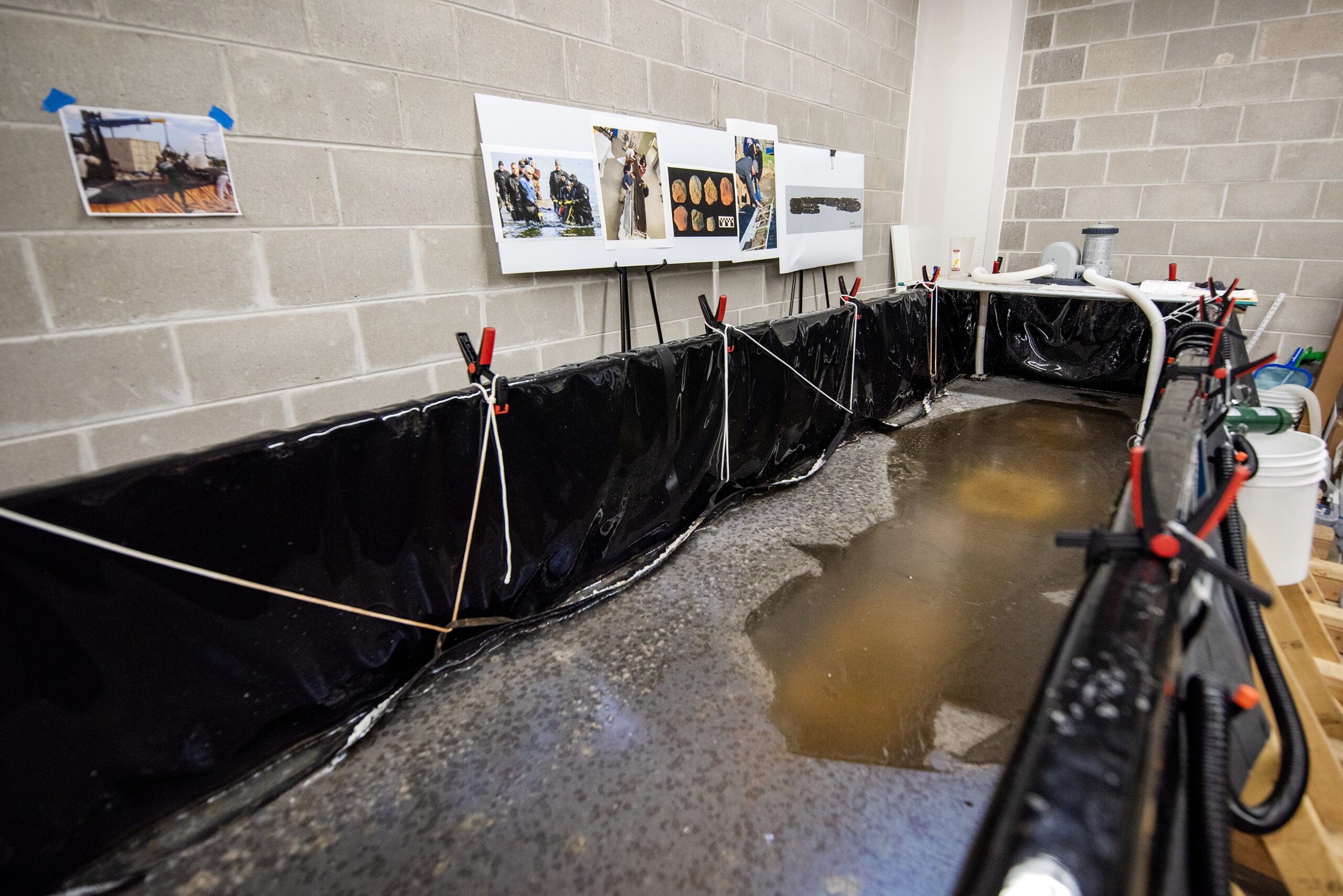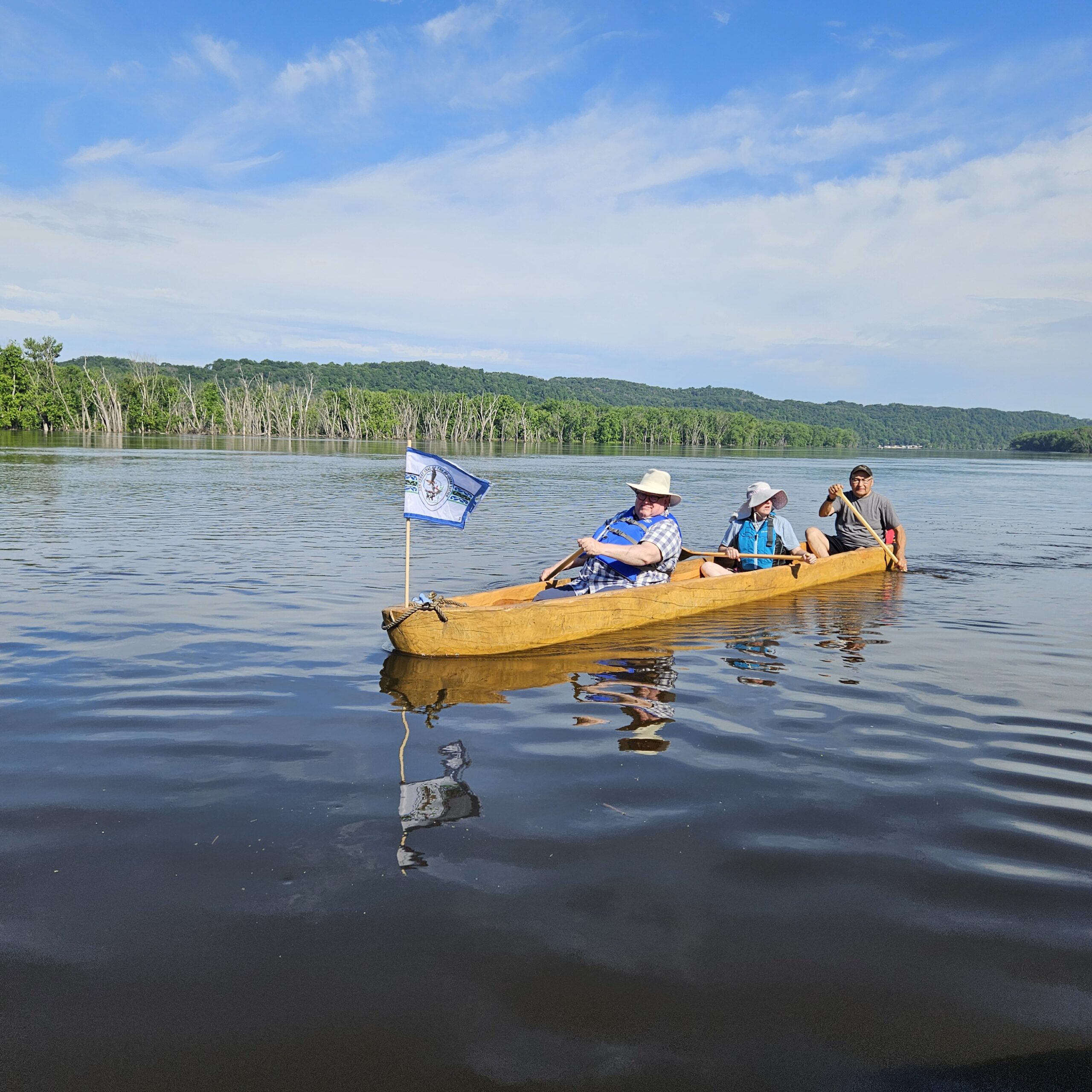For almost three decades, Cindy Dillenschneider worked as an outdoor education professor at Northland College in Ashland, focused on making outdoor recreation more accessible. During a sabbatical, she spent time developing adaptive products for people of different abilities. The experience inspired the company she and her husband now run.
“Traditionally designed canoe paddles don’t work well for people who have upper-limb impairments, and I didn’t see anywhere within the equipment industry or outdoor (education) field where people were really trying to tackle that barrier to participation,” she said.
There were companies working on adaptive seating in canoes and kayaks for people with lower-limb impairments, Dillenschneider said, but there wasn’t a push to make paddles designed for people with use of one arm.
News with a little more humanity
WPR’s “Wisconsin Today” newsletter keeps you connected to the state you love without feeling overwhelmed. No paywall. No agenda. No corporate filter.
That’s how the one-arm freedom canoe paddle was born. The paddle made a splash in October at the 2021 U.S. Dragon Boat Federation Club Crew National Championships in Sarasota, Florida, where two paddlers on a para-Dragon team used the product.
And it could soon take the world stage.
“There has been a great deal of interest that was generated,” she said. “That was the first time that a number of folks at a national level or an international level had seen the paddle in use.”
The International Dragon Boat Federation contacted Dillenschneider to discuss having the design approved as an acceptable paddle for use at next year’s World Championships.
Joyal DiRusso has been paddling outrigger canoes since her early childhood in Hawaii. Now she lives in Bellingham, Washington, where she and her wife joined an outrigger canoe club. DiRusso became the club’s second member of Native Hawaiian descent, she said.
She first signed on as a coach, sharing aspects of her heritage with the paddlers. She thought her own paddling days were behind her after her arm was amputated in 2013. But when her family invested in a new canoe in 2019, she decided she couldn’t stay off the water.

Cindy Dillenschneider demonstrates how the adaptive paddle works. Photo courtesy of Cindy Dillenschneider
“It was at that point where I was like, ‘I’m going to make myself a paddle.’ So, I went to look on the internet for ideas, because, as an amputee, I often find myself trying to create my own things to help me in day-to-day life,” she said. “Then I saw these videos of Cindy, and I saw an email address, and I just took a chance.”
The paddle is reminiscent of an upside-down L. The long arm looks like a traditional canoe paddle, while the short arm straps onto a shoulder attachment. With Dillenschneider’s help, DiRusso has made some modifications to the paddle. One of the great things about the product is that it can be adapted for paddlers of all skill and ability levels, DiRusso said.
Now DiRusso and her wife canoe in Bellingham Bay, Puget Sound and lakes around the area, and she’s excited that Dillenschneider’s design is attracting more attention. Recently Dillenschneider asked DiRusso to provide some advice to an outrigger canoer in Singapore who was new to the paddle.
“Cindy, at this point, could ask me for anything, and I’m always going to tell her yes because she gave me more than a paddle. She just gave me the opportunity to get back to doing something I love. That’s priceless,” she said.
Outdoor experiences are still largely segregated by economic resources and physical ability, Dillenschneider said. It’s why she’s committed to making the outdoors more accessible despite having retired from teaching.
The paddle has been a team effort, with several companies like Bending Branches and Westfall Technik helping a small business from northern Wisconsin to send paddles all over the world, she said.
“It’s really exciting,” she said. “We’re thrilled to have finally had the opportunity to show the paddle off and for people to have a chance to see its potential for allowing people with upper-limb impairments to be effective paddlers, be crew rather than passengers within the boat.”
Wisconsin Public Radio, © Copyright 2026, Board of Regents of the University of Wisconsin System and Wisconsin Educational Communications Board.

